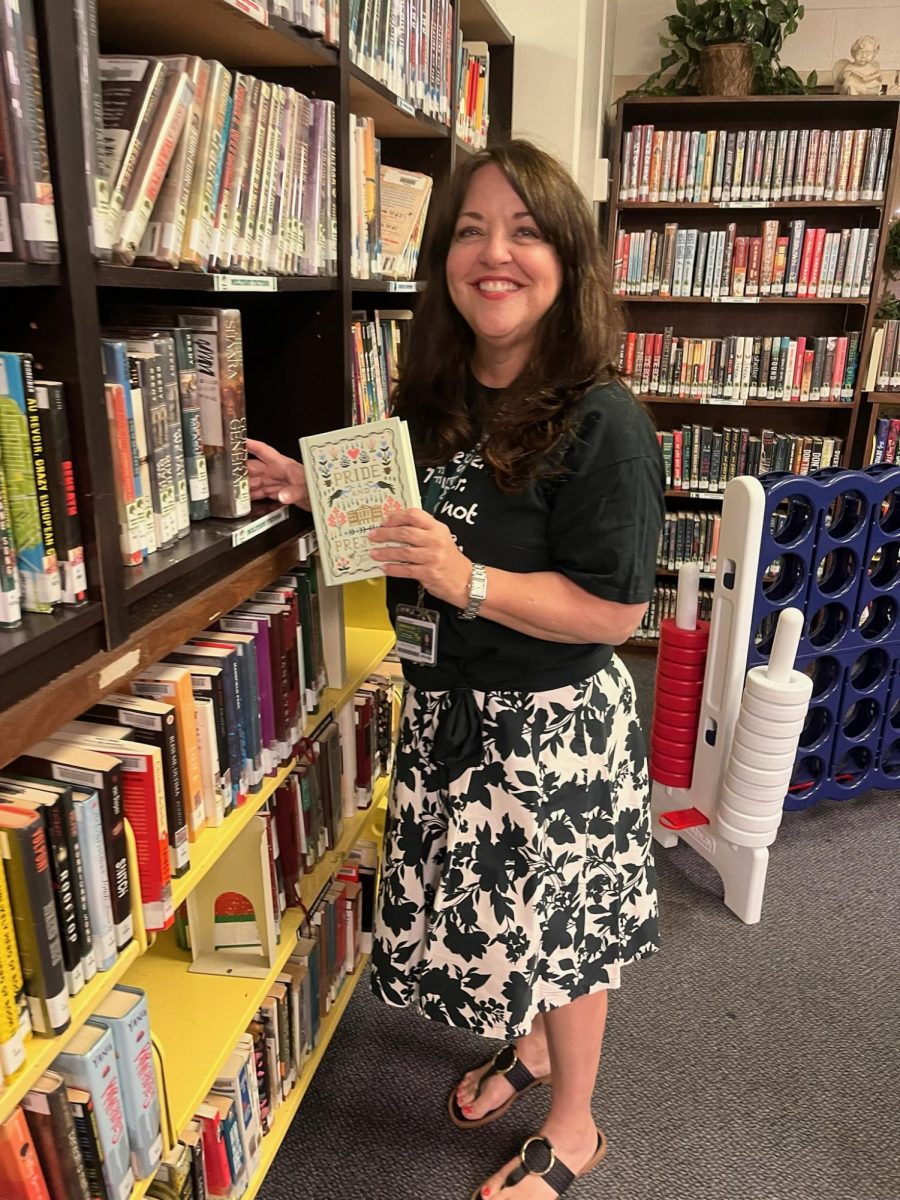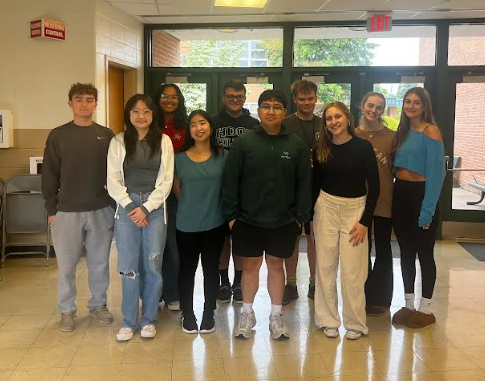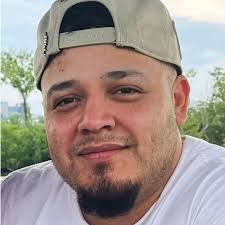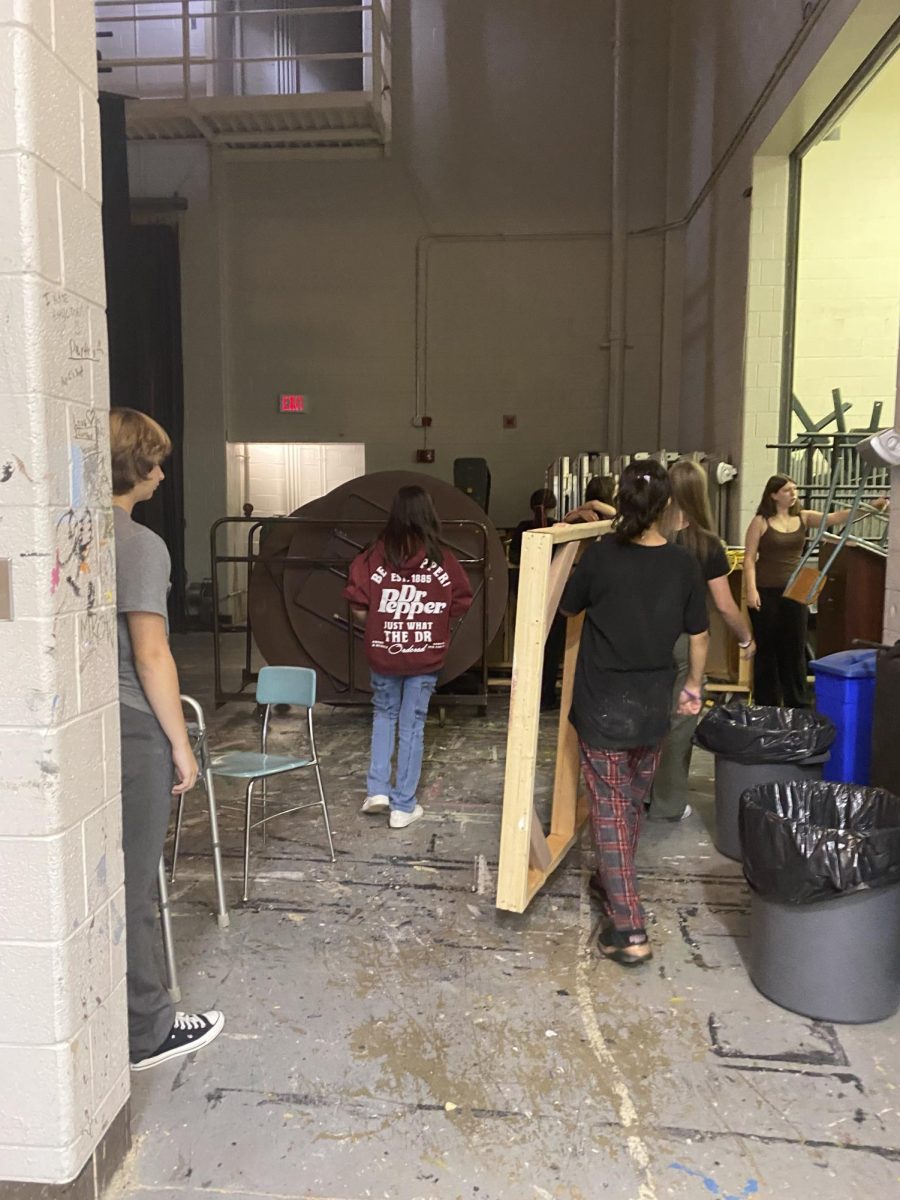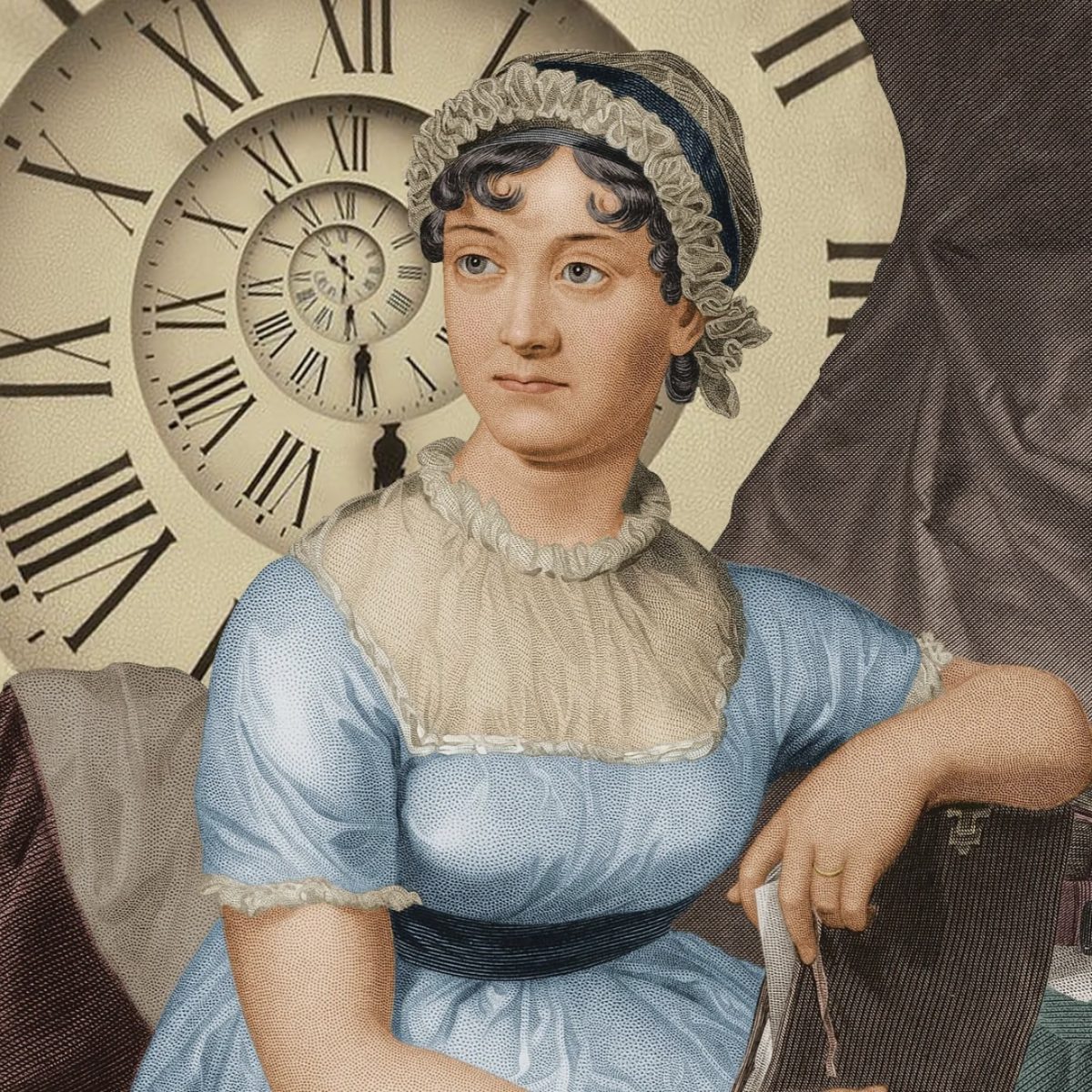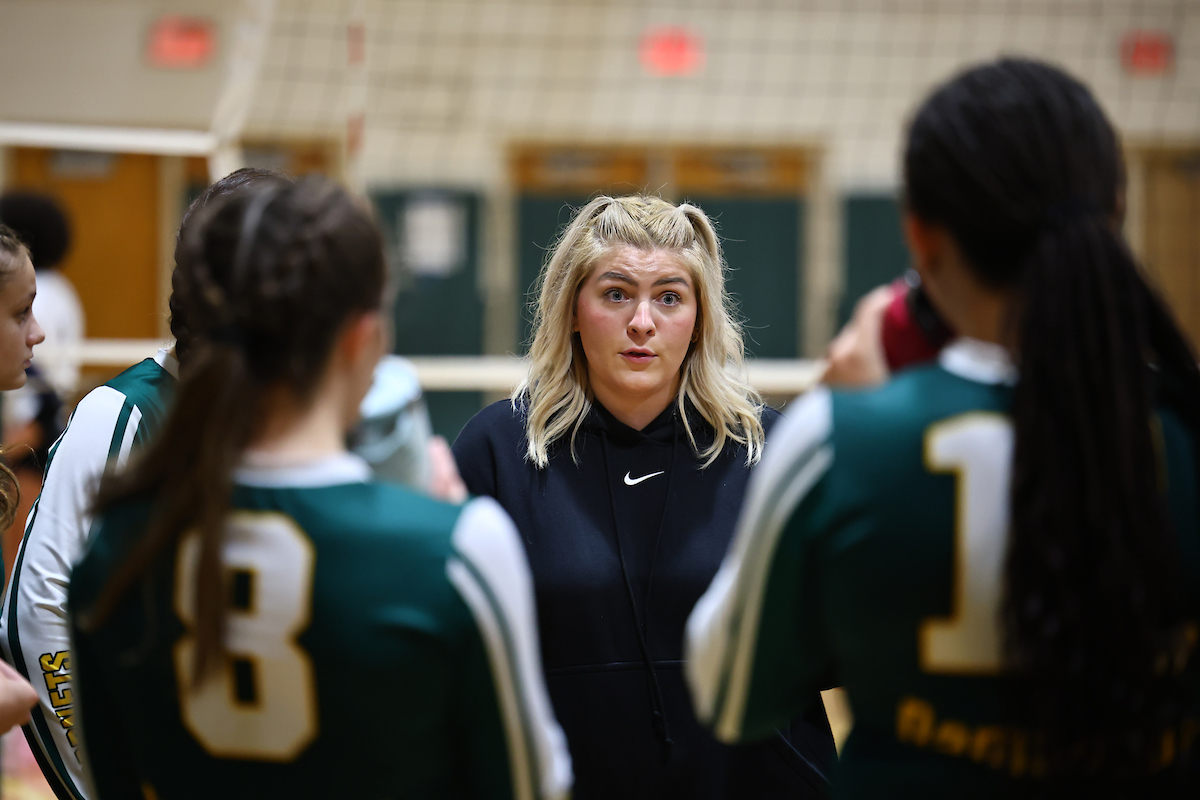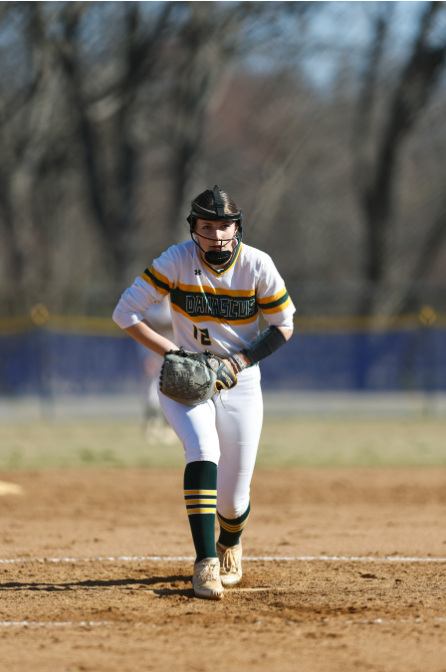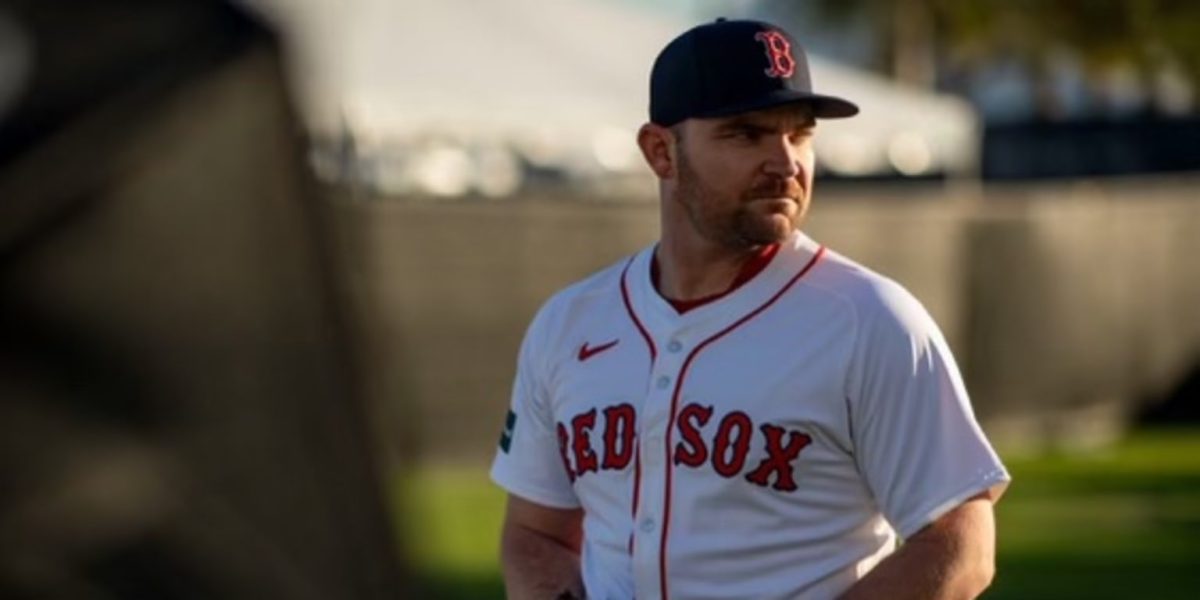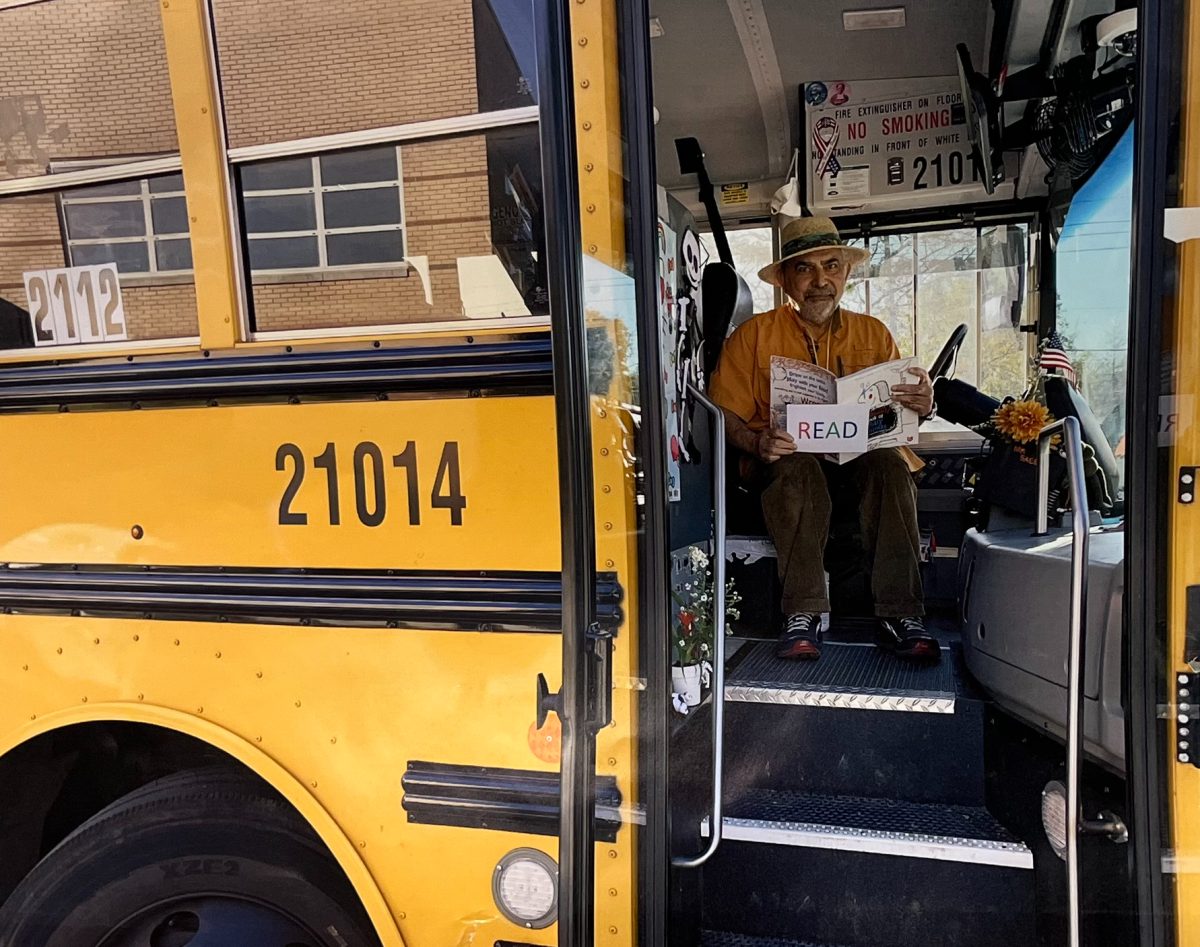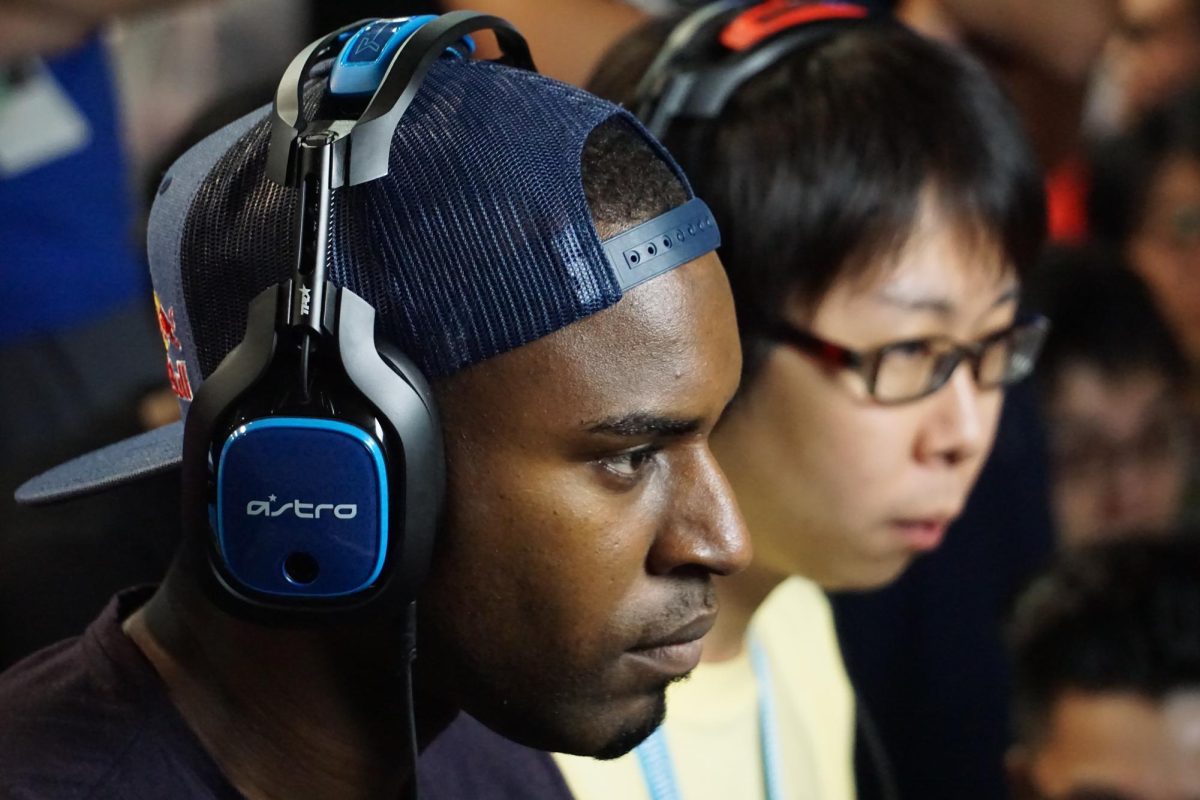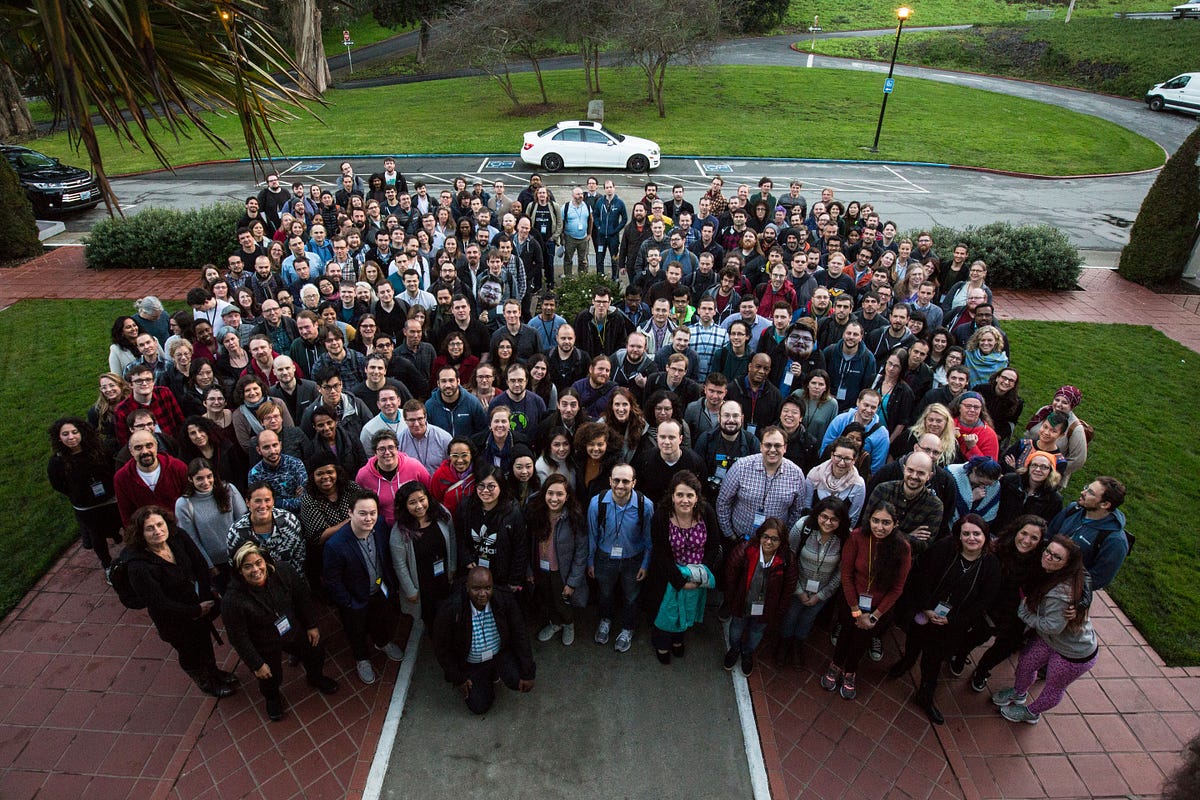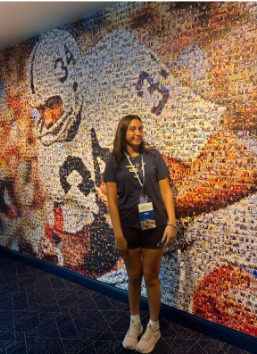Since the late 19th century, women have been writing and reporting in newsrooms across the United States. Brandeis University’s Independent Student Newspaper study showed that women represent 53.4% of all journalism in newsrooms. Still, women’s perspectives are overlooked and undervalued as they don’t hold major roles. In 2021, across 41 Gannett-owned newspapers, women earned $27,000 less than men, which was 63% of the annual salary found in male peers. This underpayment and inequitable treatment has led to women working even harder to achieve their goals in the journalism field.
Suzanne Franks
A book published by Suzanne Franks, a journalism professor at City University, London, details the issues women in journalism face. The book shows on screen sexism and ageism targeted toward women. As the media has changed throughout the years, it has created challenges and opportunities for women working in journalism. Suzanne Franks was head of the Department of Journalism at City from 2016 to 2019. She then went on to teach and conduct research. Her education consisted of reading PPE at Oxford and spending a rigorous year as a Kennedy Scholar in the Government Department at Harvard University. She began her career working at a public interest group in Washington DC, then moved on to a traineeship at the BBC. Franks joined the Television Current Affairs department where she produced some programs. At BBC she had opportunities like editing election programs, covering budgets, and live programs like party conferences. She was honored with an award from Nuffield Fellowship to study the development of satellite television in India. After her time with the BBC, Franks created her own independent production company called Sevenday Productions. She was responsible for all the coverage from the Lords, Commons, and committees in her area until 2001. Franks’ company was doing well, so she sold it in 2004 and moved to the University of Westminster to join the BBC history project. This history project allowed her to complete an AHRC funded PhD in 2007 on foreign reporting, Famine, Politics Aid, and the Media. After her return to BBC, she went on to the University of Kent, where she was Director of Research. At Kent, Franks was placed at the Centre for Journalism. She was also a Senior Lecturer in Political Communication at the School of Politics and International Relations. Her most important media appearances include her many live broadcasting experiences. Some of her best broadcast work was done at BBC Radio 4 Woman’s Hour, Channel 4 News, The Politics Show, and CBC Radio. Franks also participated in the BBC World Service features programs. Throughout her career, Suzanne Franks has been taking risks and giving herself opportunities to prove she belongs in journalism.
Robyn Tomlin
A newsroom leader and inspiration to young journalists, Robyn Tomlin is part of Women in Journalism, a project published to help spread awareness of the successes and struggles of women working in journalism. This project is a safe place for sharing stories and achievements and a platform for sharing tips for young writers. Tomlin’s love for journalism started after high school. Working through her education as a single mother, Tomlin created her passion for reading the newspaper. At a time when her life felt condensed, reading helped her connect with the world outside. During her time in community college, her professor recommended a journalism class. She was able to create a newspaper for her school. After her time at the community college, she transferred to the University of North Carolina to be part of the journalism school. She was very involved with the student newspaper and excelled in her writing skills. When starting jobs Tomlin very soon realized journalism is male dominated. She would often be the first woman to have roles in organizations. Her view on changing gender stereotypes is mentoring younger women and helping them feel seen and heard. When people are struggling, they almost always have the answer, they just need the validation to pursue their dreams. Her approach to mentoring is to be a good listener and to try to be a good support system. The most difficult times in her career have been making hard decisions. Learning, and adding more layers of stress onto what was already stressful. She also needs to consider her staff’s safety when covering protests or other important news issues.
International Women’s Media Foundation
The IWMF is the only global organization built to serve the needs of women journalists. They supply awards, reporting opportunities, fellowships, grants, safety training, and emergency aid. They also create impact boards on their website, these boards showcase the highlights of their years and experiences. The point of the impact boards is to advocate women’s journalists. The women apart of the International Women’s Media Foundation have had the opportunity to do reporting trips around the world. Giving women opportunities to stand out has been the main mission of the foundation throughout the years. Through journalism, women around the world have made connections and created bonds with other women. Awards are given to the most important journalists apart of the foundation. Adriana Zehbrauskas was given the Anja Niedringhaus Courage In Photojournalism Award Honorable Mention for 2021. This award showcased her talent, mainly focused on issues related to migration, religion, human rights, underrepresented communities and violence resulting from the drug trade in Mexico, Central and South America. Her ability to connect and provide through her stories has given her so many opportunities. The Courage in Journalism Awards are awards given to journalists who show their strength. It shows that women won’t step aside when things get hard, they cannot be silenced, and deserve to be recognized for their strength in the face of adversity. Each year, this award is given to detained, jailed, or imprisoned women. The recipients of the 2024 Courage in Journalism Awards include Shin Daewe, Mónica Velásquez Villacís, and Lauren Chooljian. These are women who endured risky situations to report on various stories. This includes physical and online violence, state-sponsored threats, armed conflicts, and natural disasters. These women put their lives in danger for reporting on a story. The International Women’s Media Foundation works hard every year to give every woman a chance to write and report.


